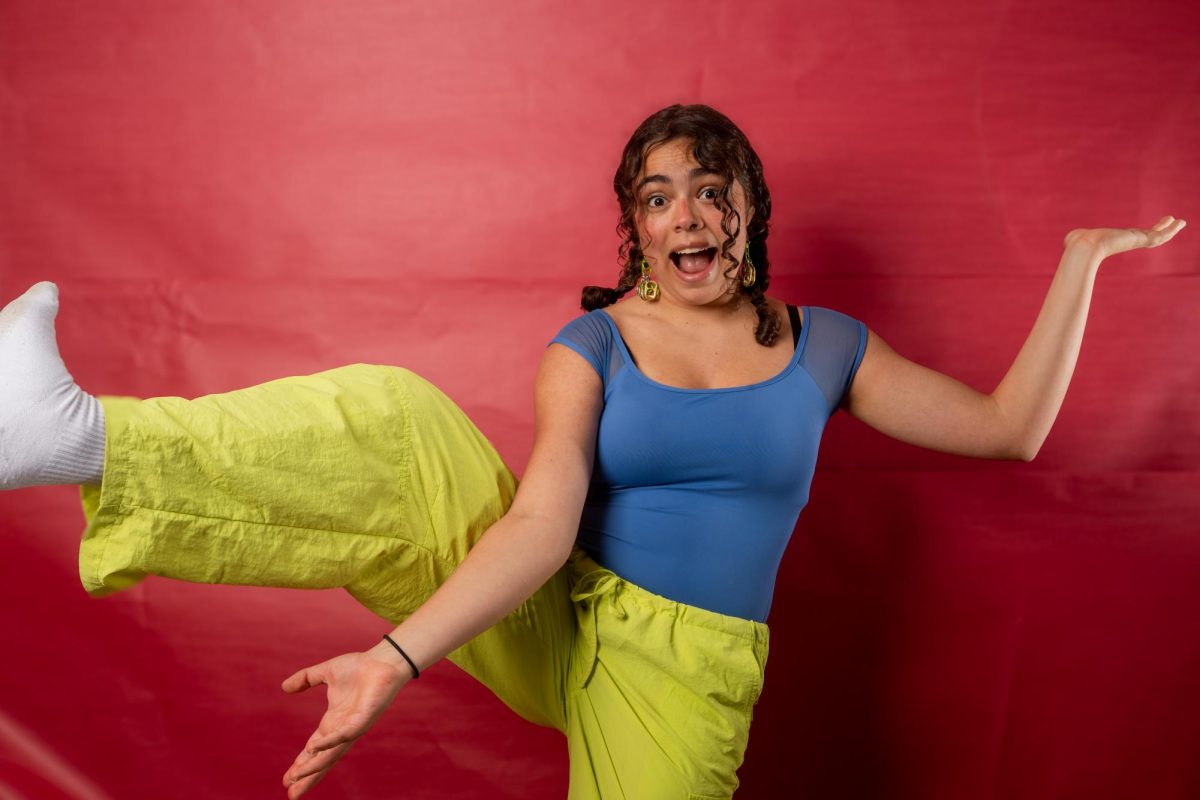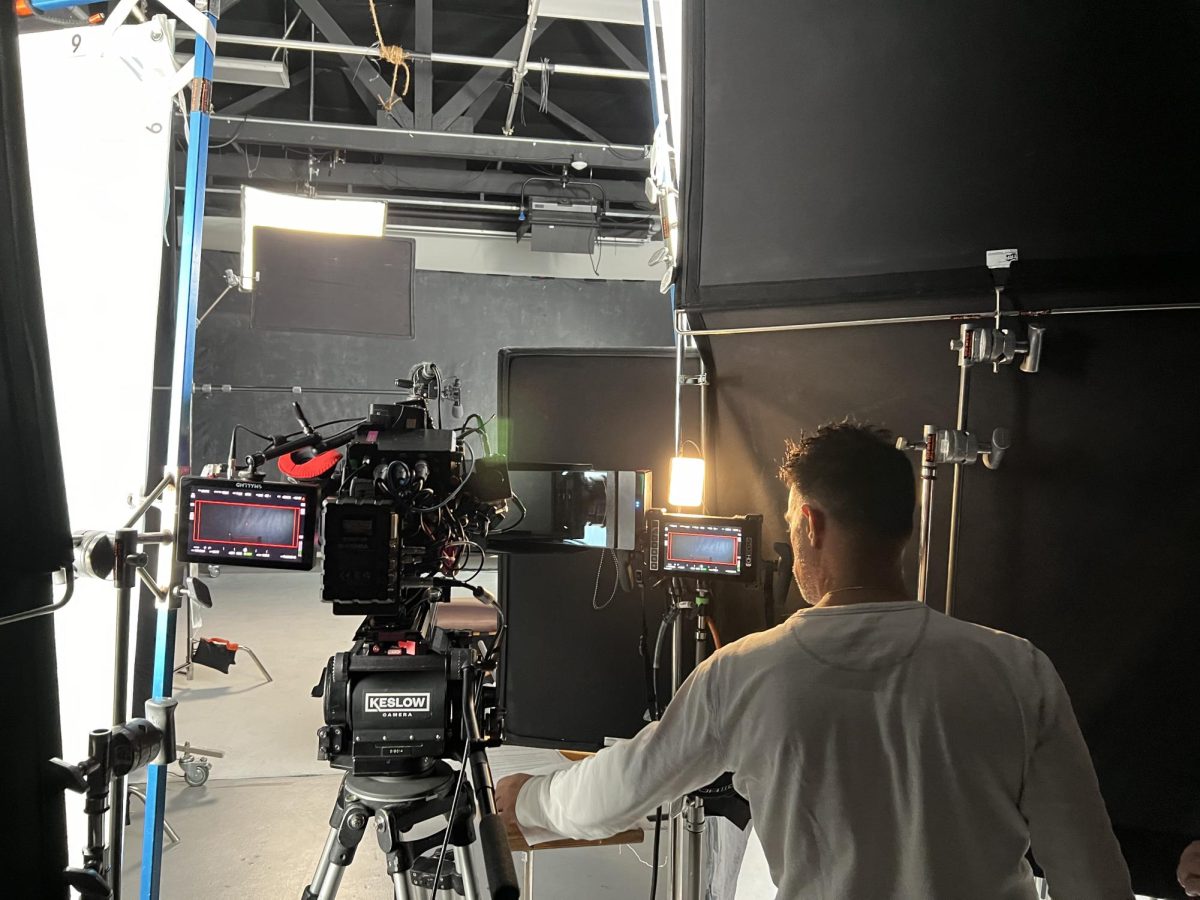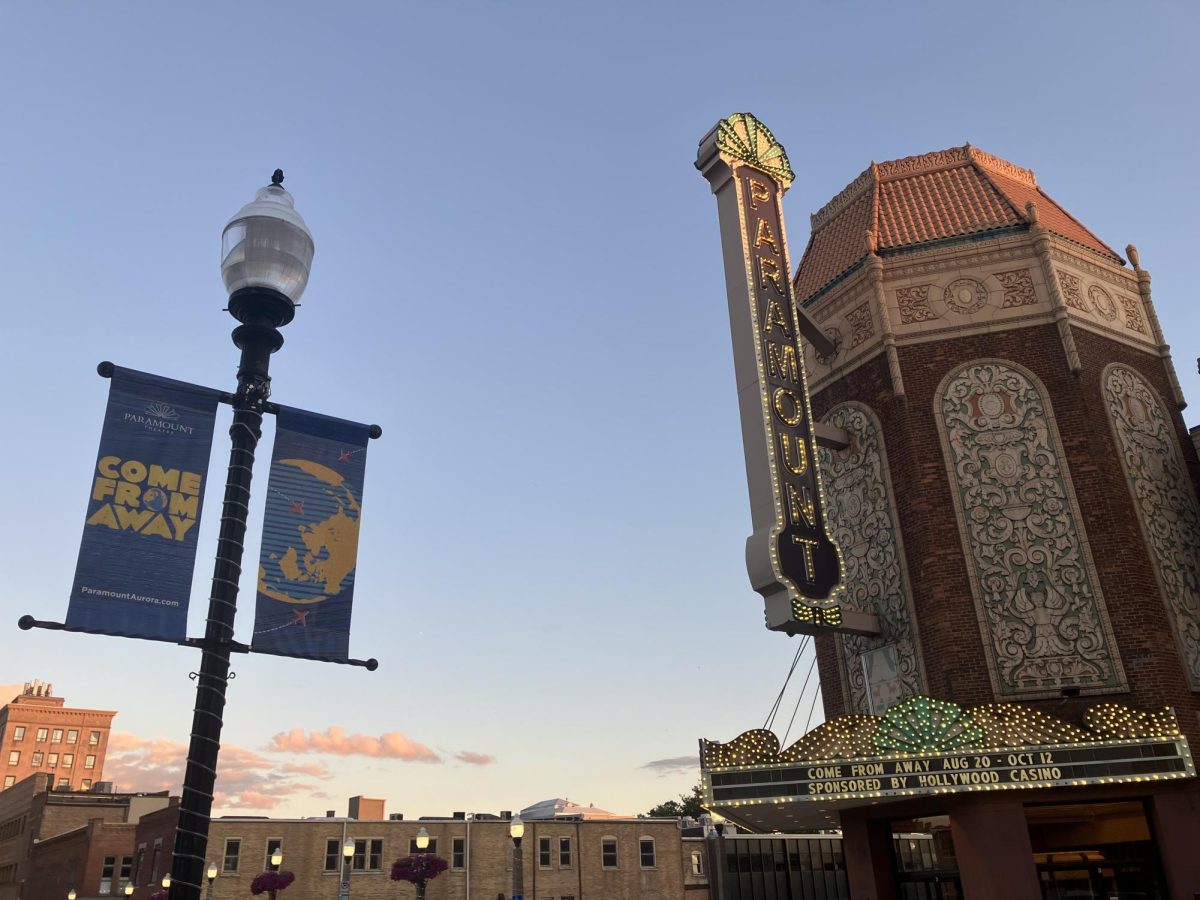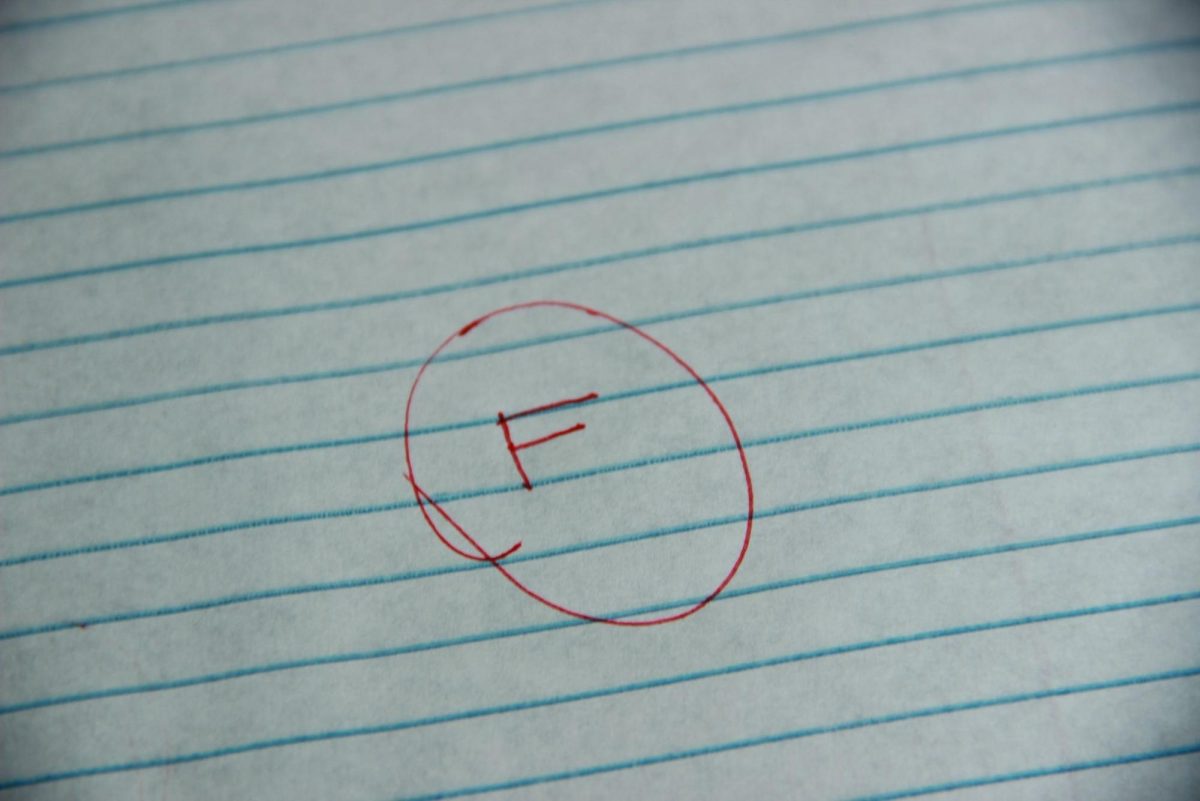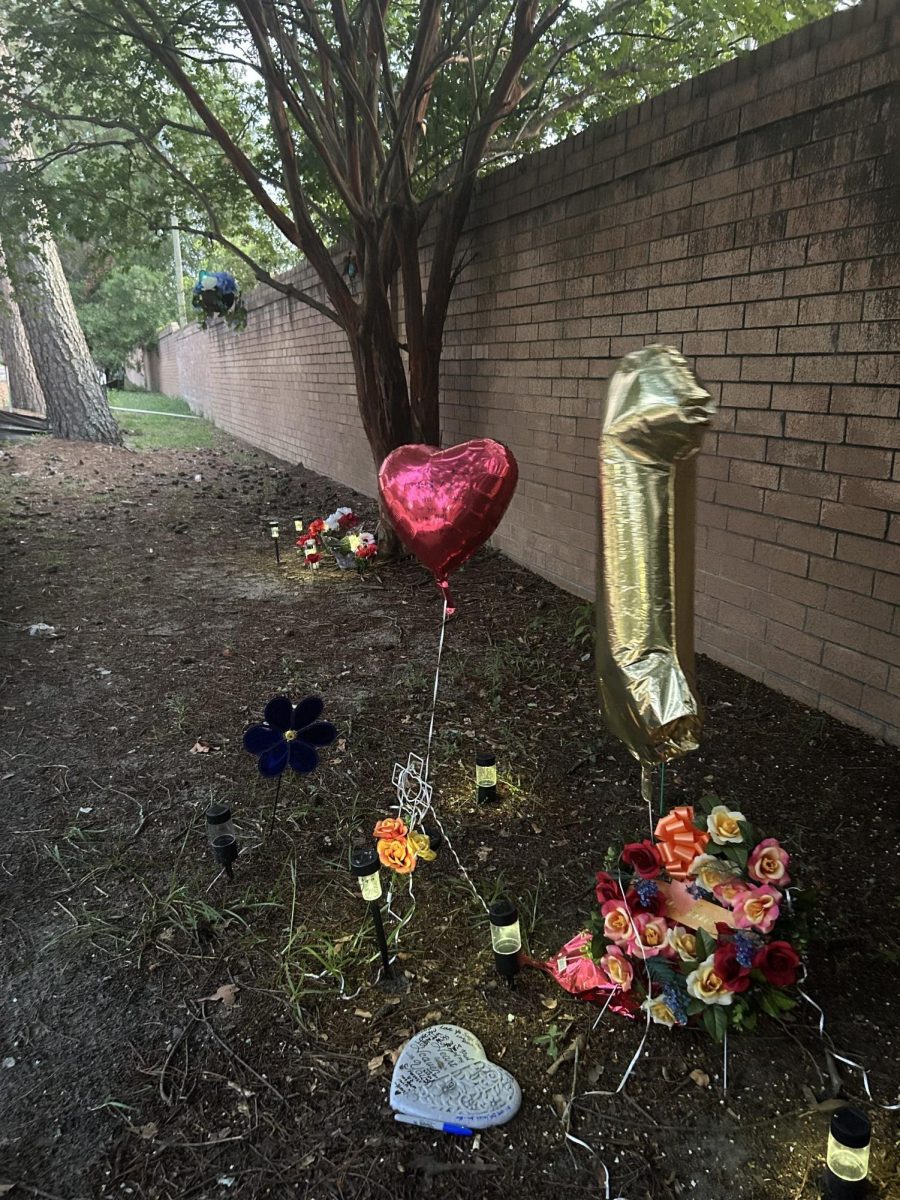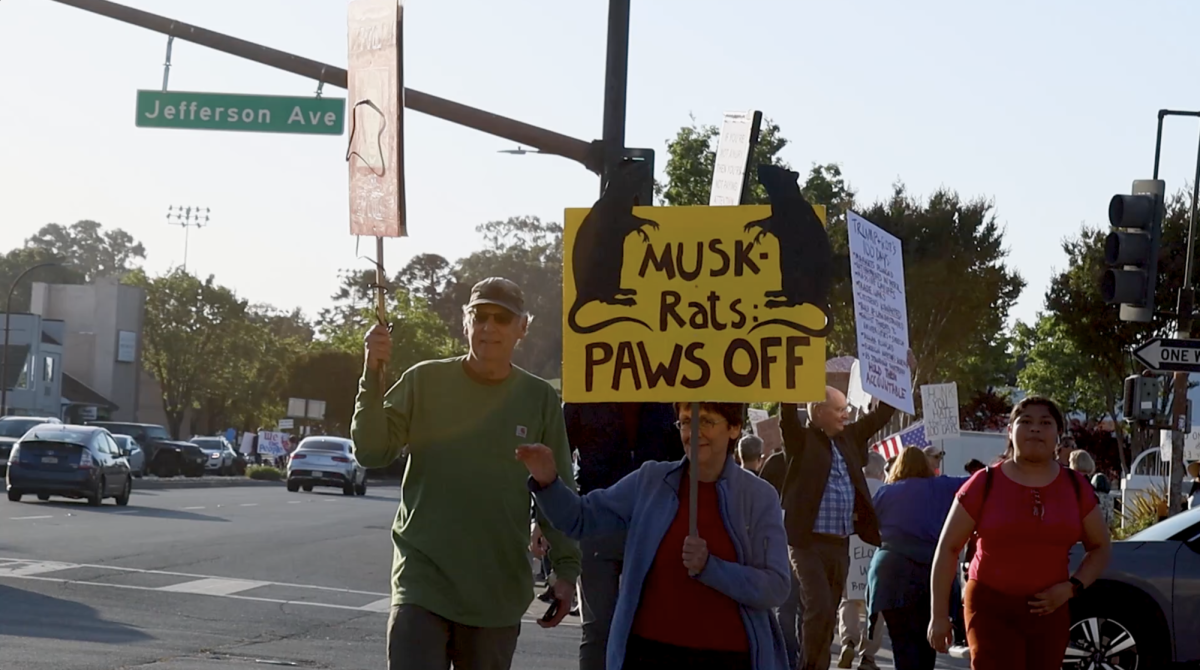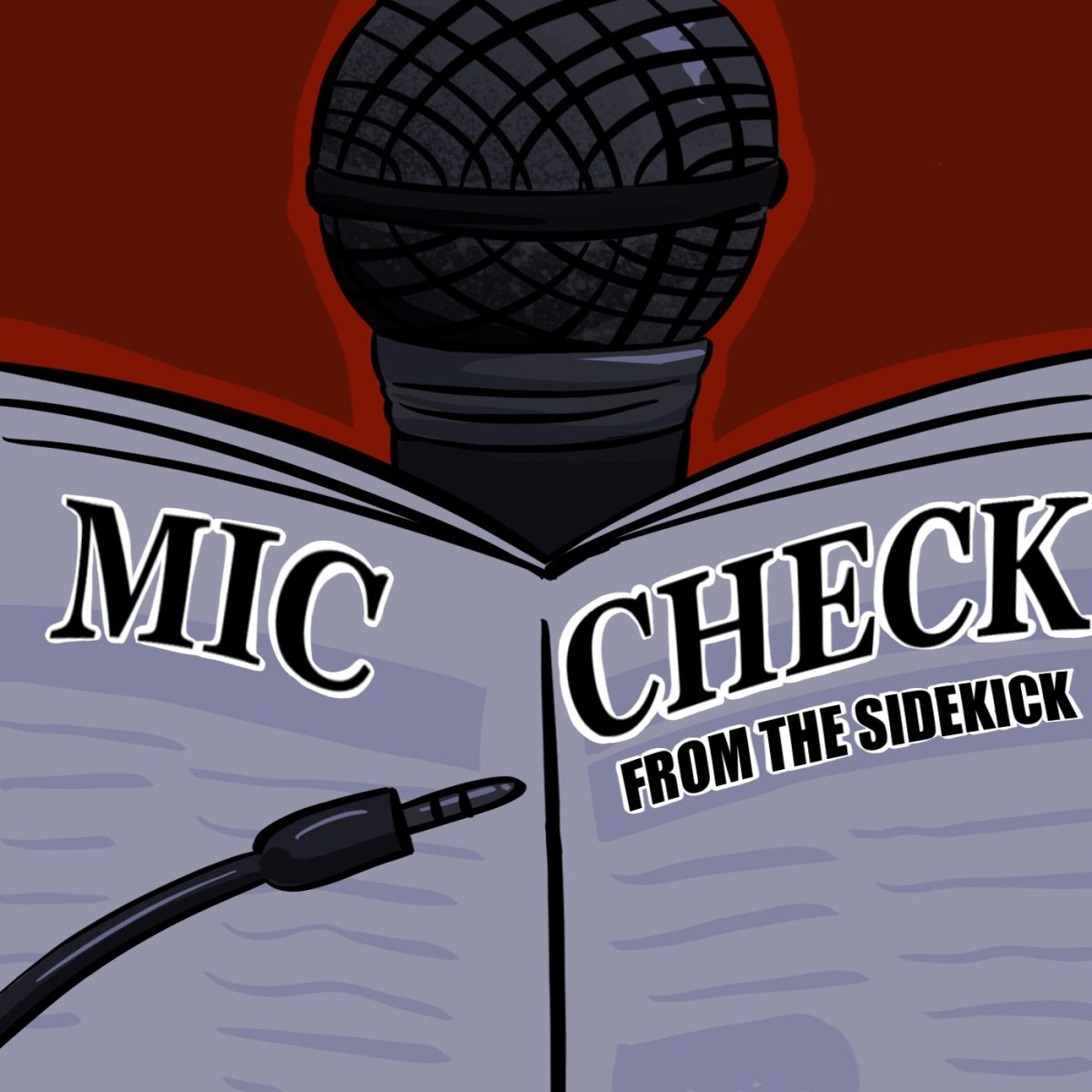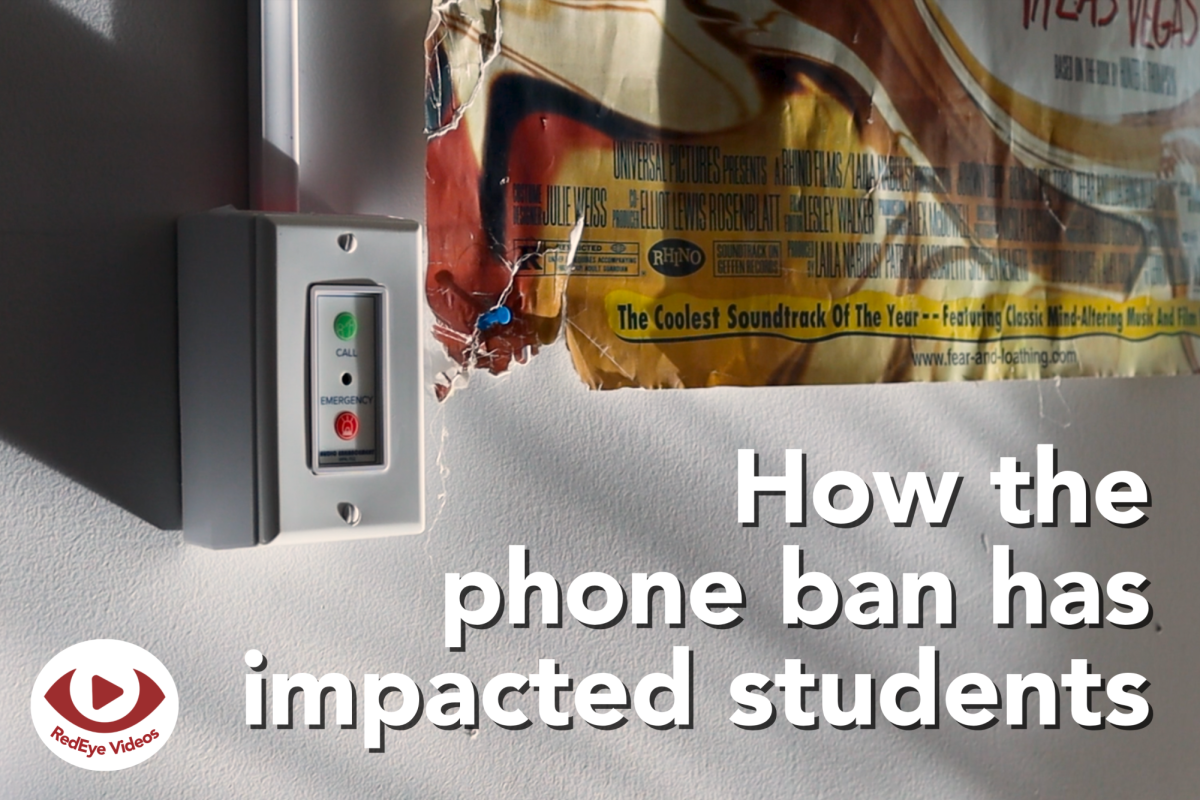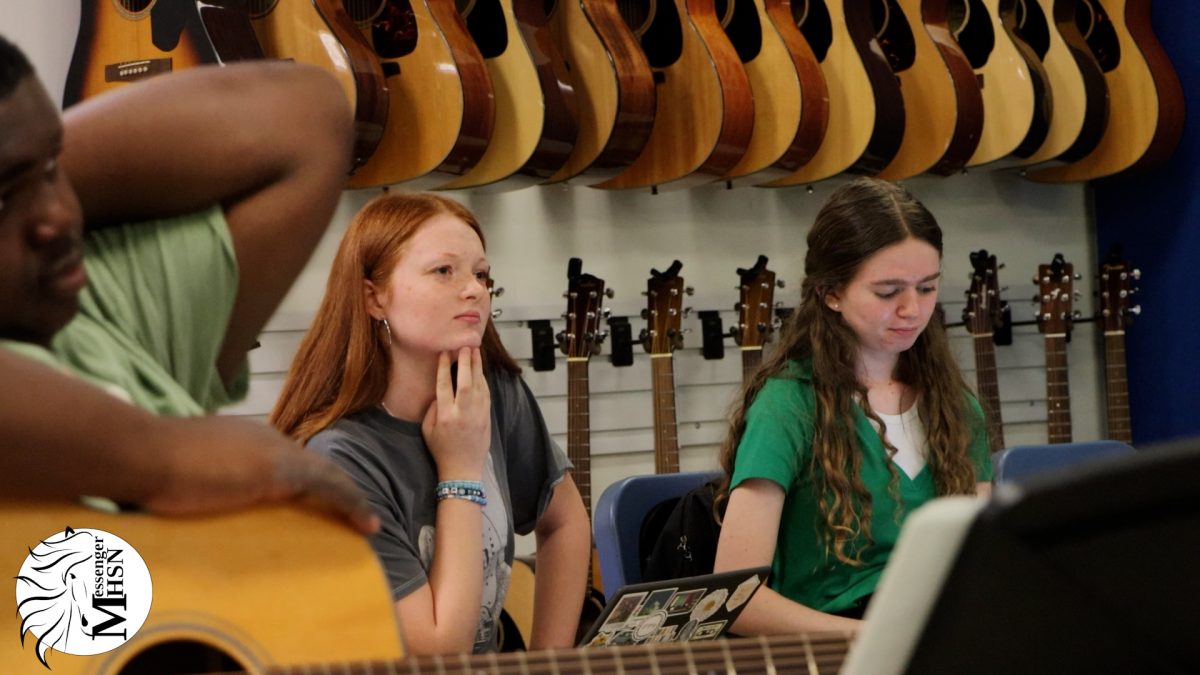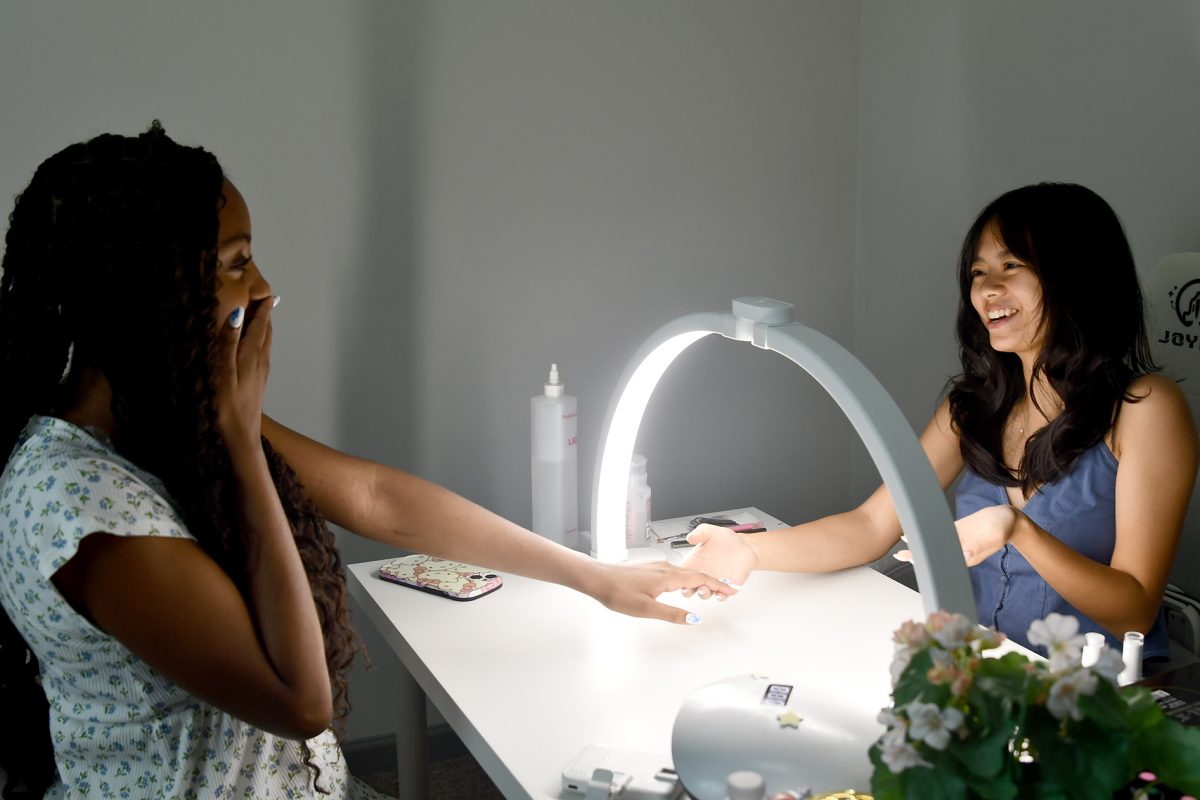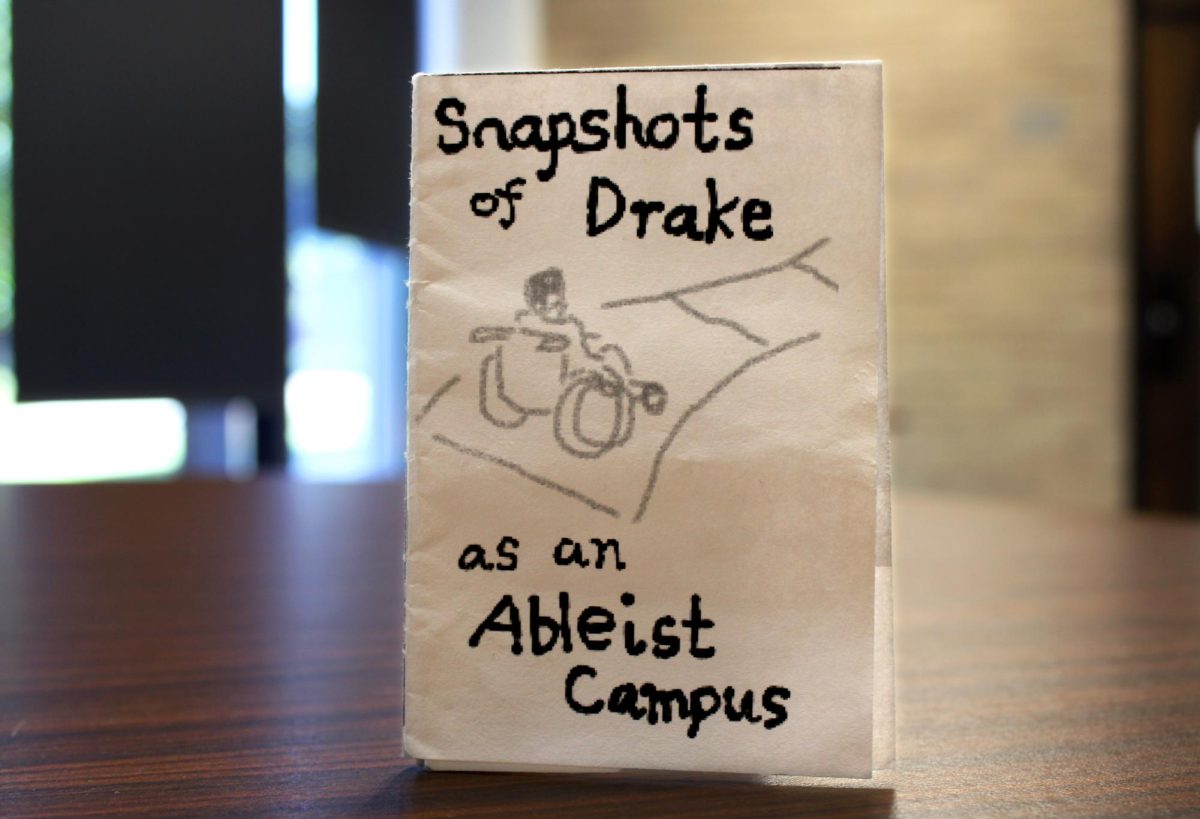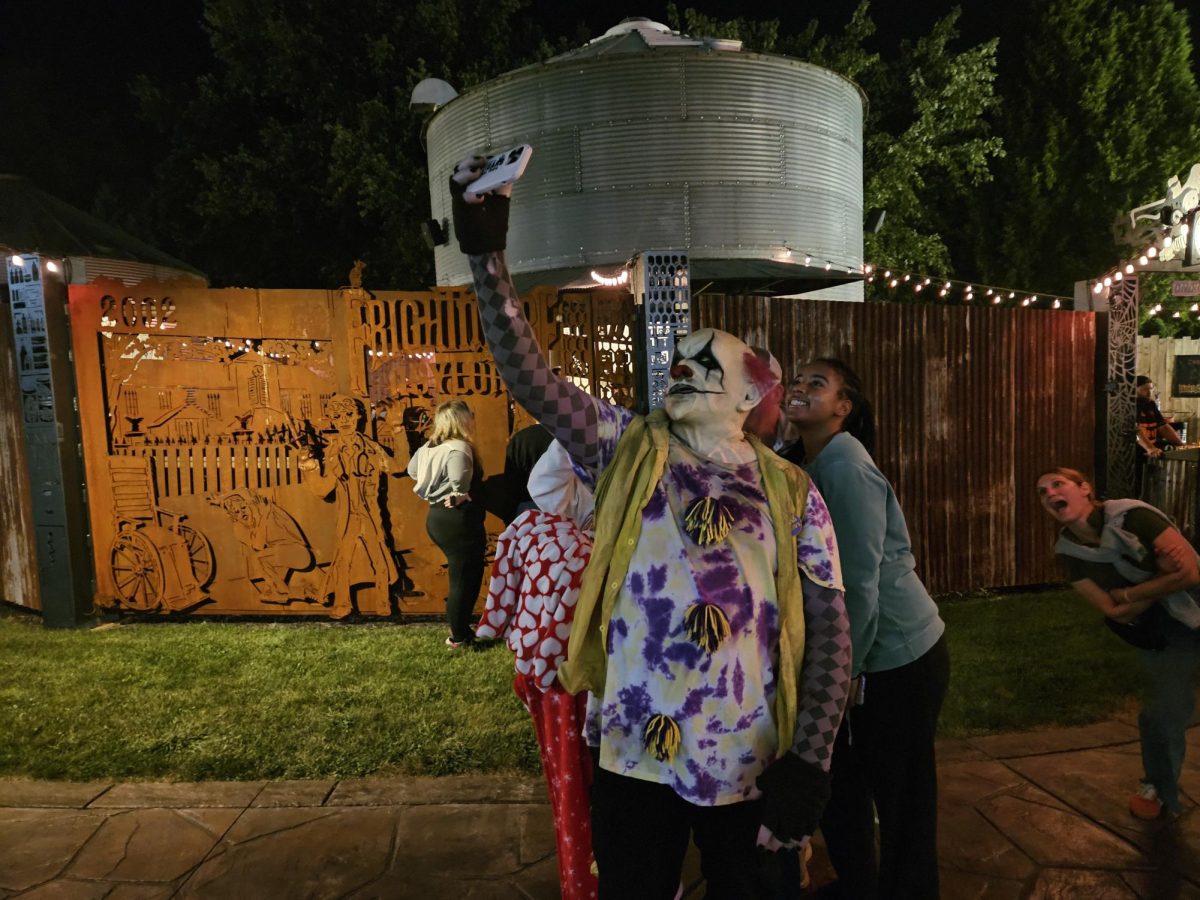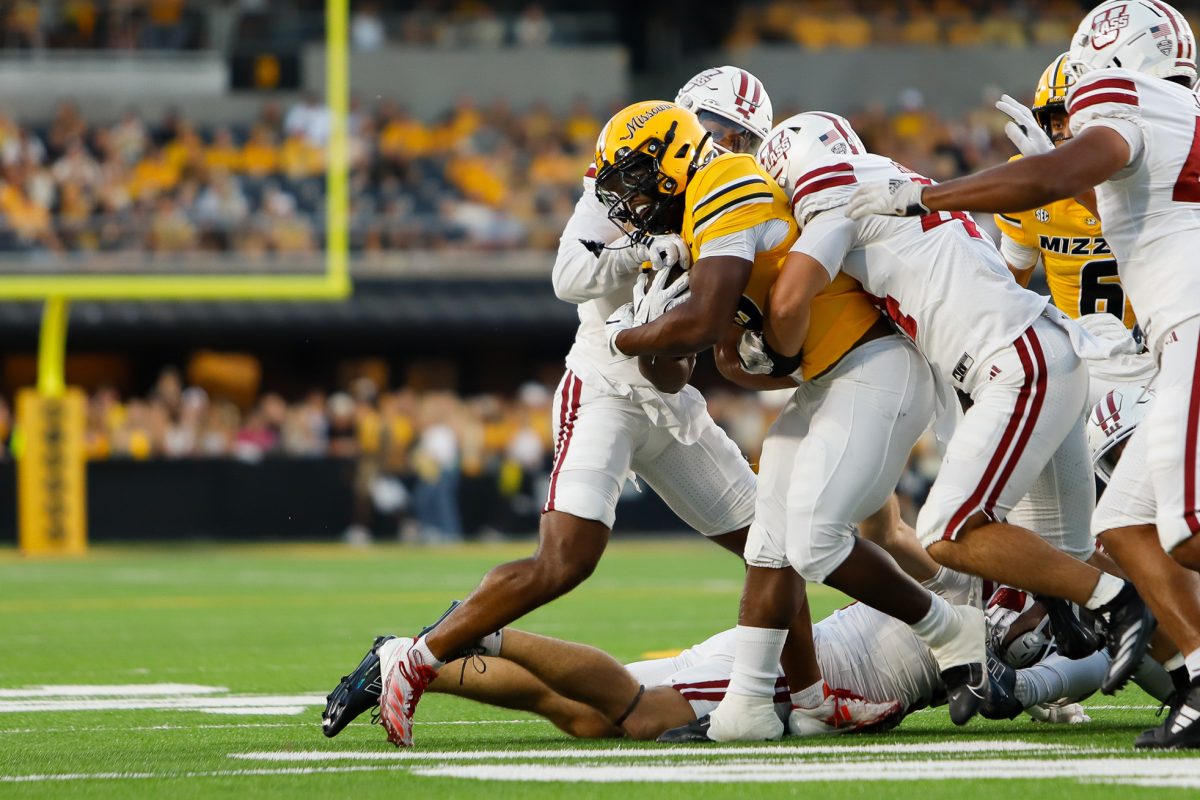Since the Oct. 7, 2023, Hamas attack on Israel and the ongoing conflict in Gaza, there have been several anti-Israel protests at the University of Minnesota.
Some of these protests have sparked fear in the University’s Jewish community, resulting in many students feeling unsafe on campus.
Paulina Frayman, a second-year student, said she was at Minnesota Hillel when anti-Israel protestors gathered outside the building on Oct. 7 during the centers’ memorial event for the 2023 attacks.
“We were just mourning the loss of our brothers and sisters, and they came and surrounded us while we were just standing there with posters of people who have been murdered,” Frayman said.
Hillel had to go into lockdown mode when police came to disperse the protestors, Frayman added. Attendees were told by the police to stay in the basement until it was safe to leave the building.
“I just was not feeling safe, and they were disrupting the peace when we were not doing anything but gathering together as a community,” Frayman said.
Yitzi Steiner, the rabbi and director of Chabad UofM, said since the protests began, there have been a number of students who have reported feeling unsafe and reached out to Chabad for guidance.
“These protests are trying to instill fear into the Jewish and broader University community,” Steiner said. “The reality is they are protesting against Israel, and Israel is a huge part of the Jewish people.”
Steiner said he equates antisemitism and anti-Zionism as the same idea.
Anti-Zionism is opposition to Zionism, the movement for the self-determination and statehood of the Jewish people in their ancestral homeland, which is the land of Israel, according to the Anti-Defamation League.
“Being that Israel is part and parcel of the Jewish people, automatically Jewish students are going to feel targeted,” Steiner said.
Steiner said there is a very small minority of the Jewish community that is anti-Israel, with most Jewish people recognizing Israel’s right to exist and defend themselves.
When people say Israel does not have the right to defend itself, Steiner said that demonstrates blatant antisemitism.
Steiner also pointed to some of the antisemitic rhetoric ingrained in some of these protests.
“Everybody knows what Intifada means,” Steiner said. “Intifada is where thousands of Israelis were blown up in bus stops and buses, in pizza parlors and so on. It is a call for violence against Israel.”
Steiner said calling for an Intifada is essentially asking to bring the violence here to the University.
Sami Rahamim, a University alumnus and director of communications and community affairs at the Jewish Community Relations Council of Minnesota and the Dakotas, said the mention of things like the Intifada sends a message that Jewish students should not feel safe on campus.
According to Steiner, the chant “From the river to the sea” means the geographical area from the Jordan River to the Mediterranean Sea should only be Palestine, wiping Israel from the map.
“This is blatantly antisemitic, and it is once again rhetoric that says Israel does not have the right to exist,” Steiner said.
Steiner also mentioned writing on SE Washington Ave, right behind the Coffman Union, that said things such as “Glory to Hamas” and “Glory to Hezbollah.”
“These people represent the killing of Jews,” Steiner said. “They butcher innocent civilians.”
Steiner added there have been few pro-Israel protests on campus because there is a very small Jewish community on campus.
“Most students have too much fear of their professors, of their friends, and of being labeled as ‘that Jew’ or that ‘pro-Zionist,” Steiner said. “Therefore, they stay away from it.”
Frayman also pointed to some instances where students have been targeted due to either their Jewish identity or support for Israel.
“One student had hot coffee thrown at them simply because people thought he was Jewish, and another person had their mezuzah taken off their door in their apartment,” Frayman said.
A mezuzah is a piece of parchment inscribed with specific Hebrew verses from the Torah, which many Jewish people fix to the doorposts of their homes.
Frayman said neither she nor her friends in the Jewish community feel safe on campus.
“We don’t feel like our voices are being heard because we walk around and see chalk on the sidewalk that says things like ‘Divest from Israel’ and ‘Israel is committing genocide,’” Frayman said.
Frayman said she does not fully agree with Israel’s policies, but she does agree that both Israel and Palestine should be able to live freely.
Frayman said Chabad had to take down a video posted on their Instagram, in which students said “I love being Jewish,” due to a flood of antisemitic comments under the post.
Ryan Alberts, a fourth-year Jewish student, said in spring 2024, one of his professors canceled class because he encouraged students to attend the encampment rally.
“Professors at a public university should not be able to do that,” Alberts said.
Alberts said he was shocked when he heard about the protest at Morrill Hall on Oct. 21.
“There is kind of a sense of “When are they going to do something else?’ ‘Which building are they going to go into?’ and ‘What are they going to do?’” Alberts said.
Alberts said he is dealing with this uncertainty by continuing to be around people in the Jewish community.
“I go to Hillel and Chabad for Shabbat dinner every Friday, seeing the same people and going about the same,” Alberts said. “A value of Judaism is tradition. No matter what the outside environment is, continuing the same practices and beliefs.”
Aiden Goldstein, a first-year student, said he feels safe on campus but is just more vigilant.
“I feel perfectly safe, and I feel as though the Jewish people around me provide me with that safe environment,” Goldstein said.
Steiner said Chabad is open 24 hours a day to support students.
“Students know that, whether it is two in the morning or 10 at night, they can call us and come here, whether it is a hug, to have a conversation or even for just a bowl of chicken soup,” Steiner said.
Steiner said Chabad has volunteers to walk with students who are afraid of walking alone to class and remains a place to come together with people who share the value that Israel has the right to exist.
Goldstein said the current campus climate has made his Jewish identity stronger.
“The day I feel the necessity to hide my Judaism is the day where I have wronged myself,” Goldstein said. “I believe that, and I hope that day will never come.”
This story was originally published on Minnesota Daily on October 28, 2024.

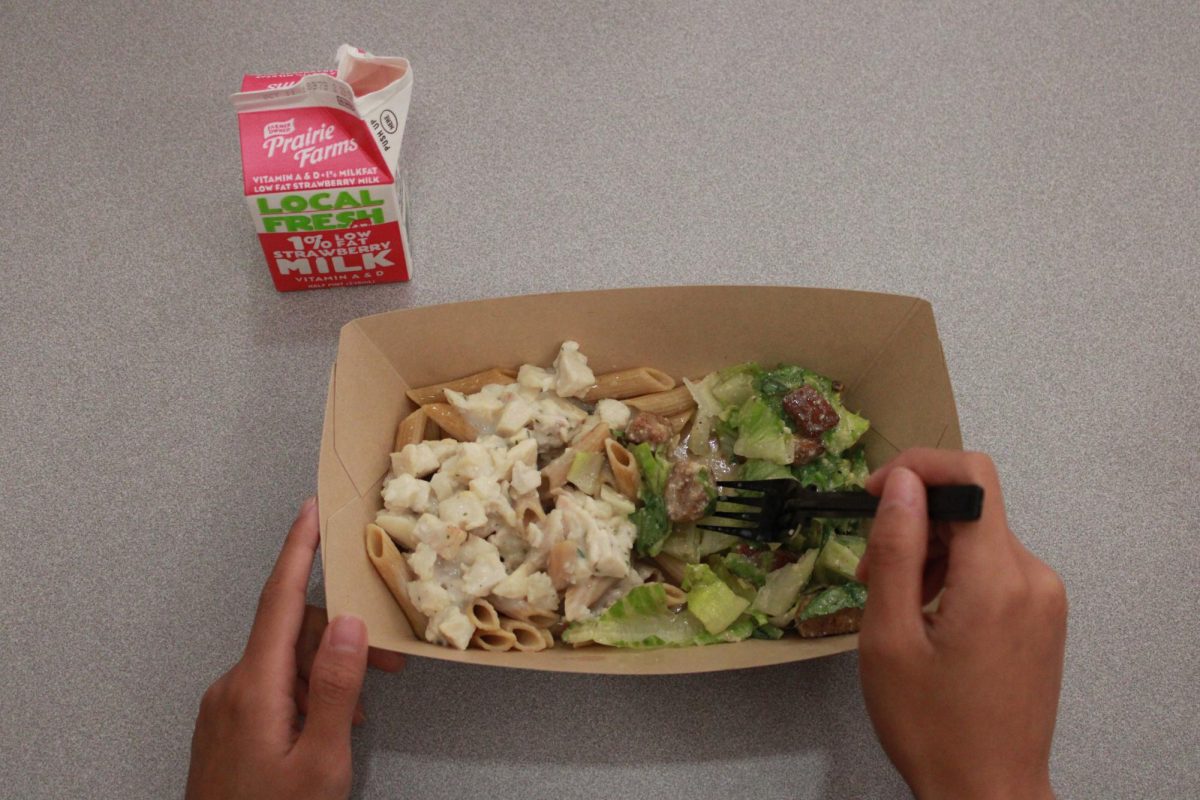
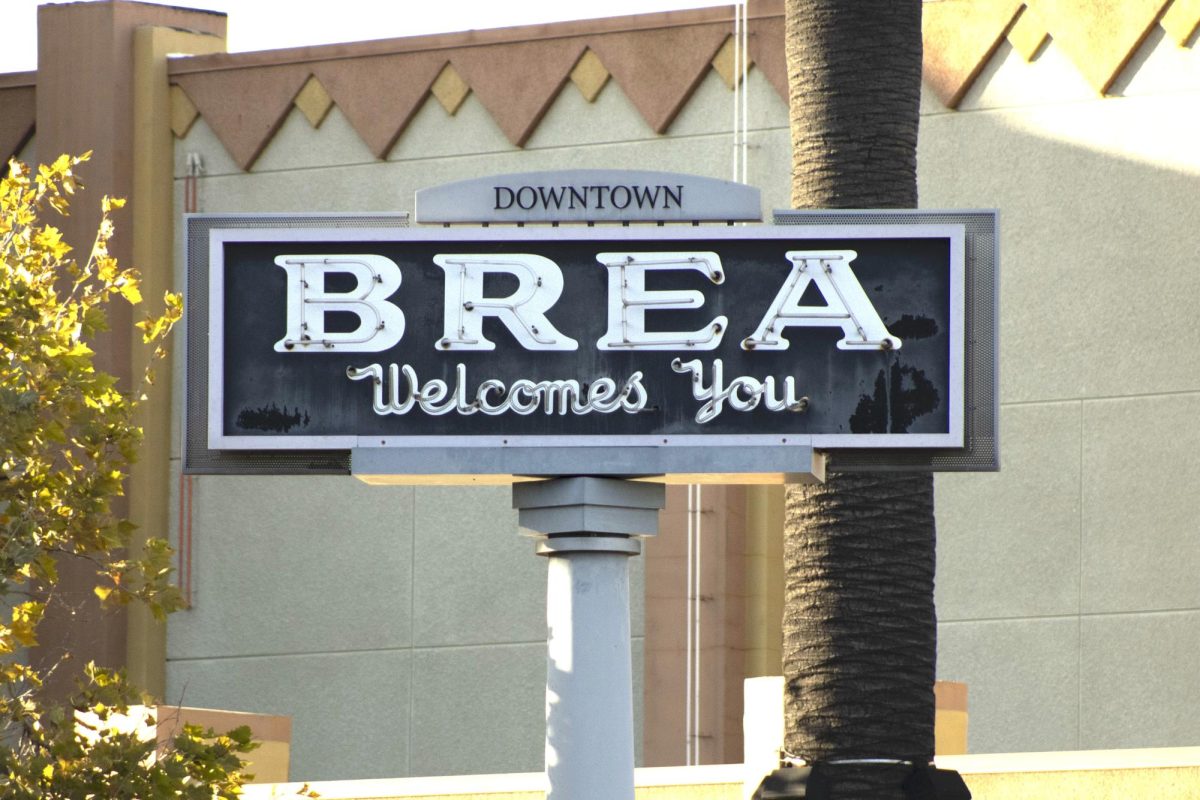
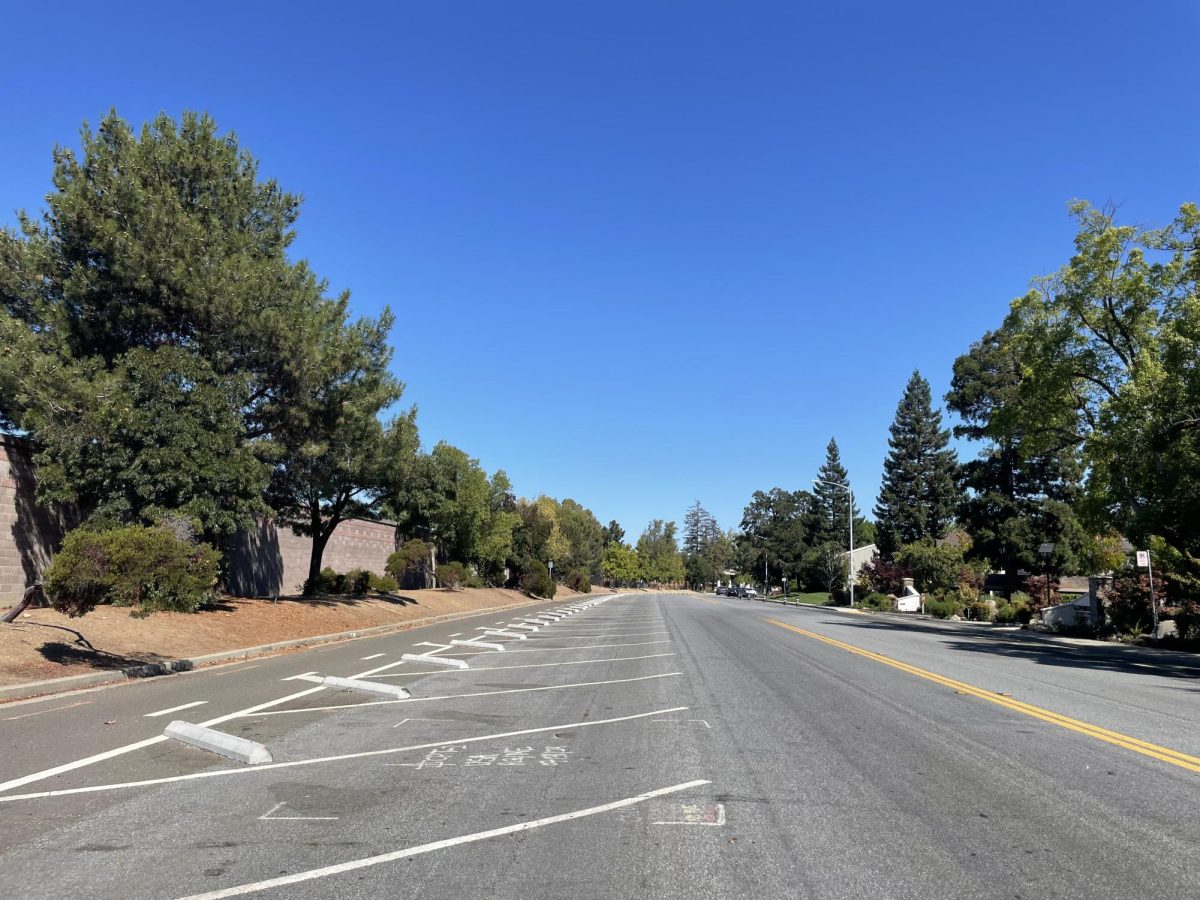
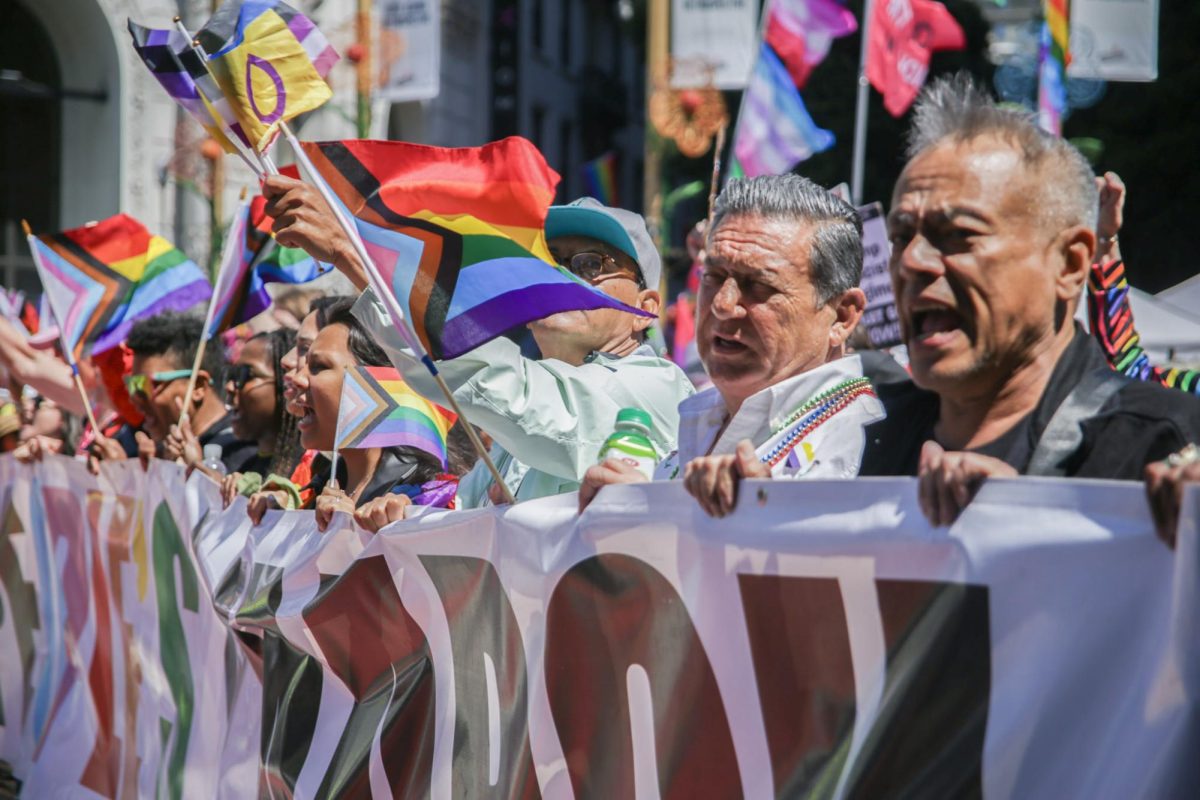


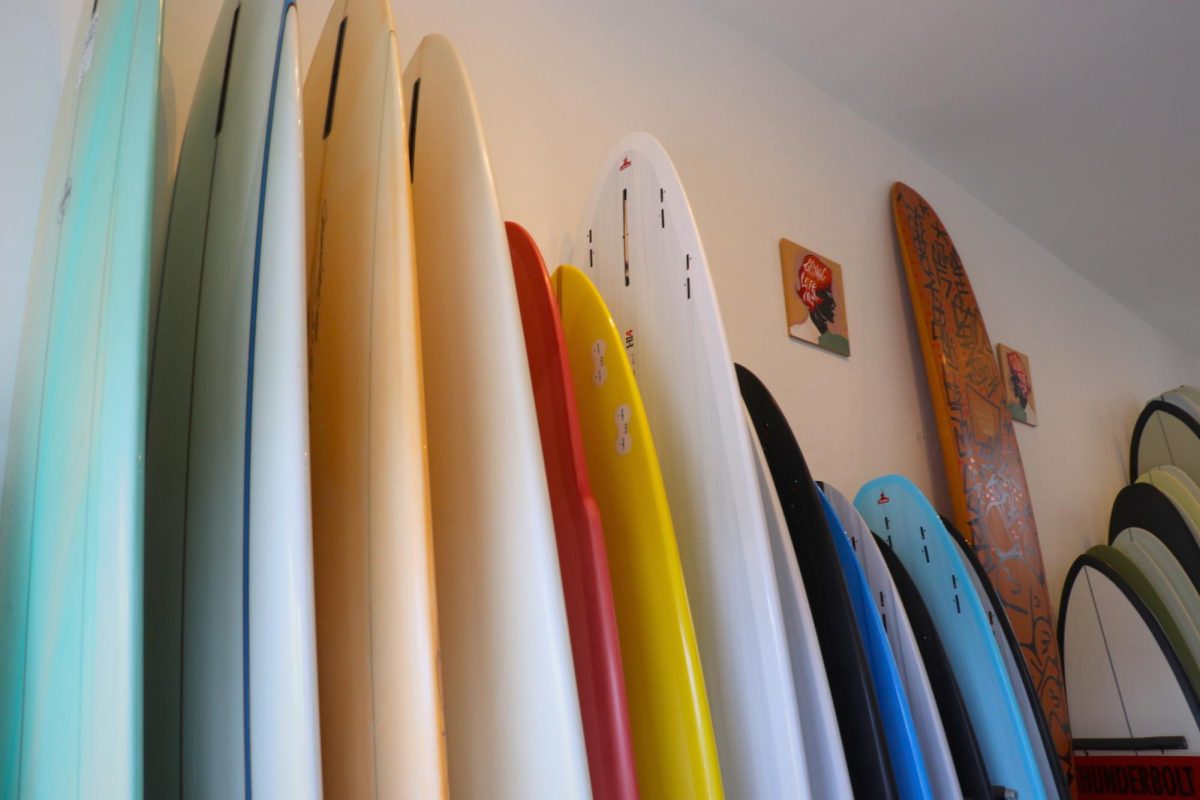
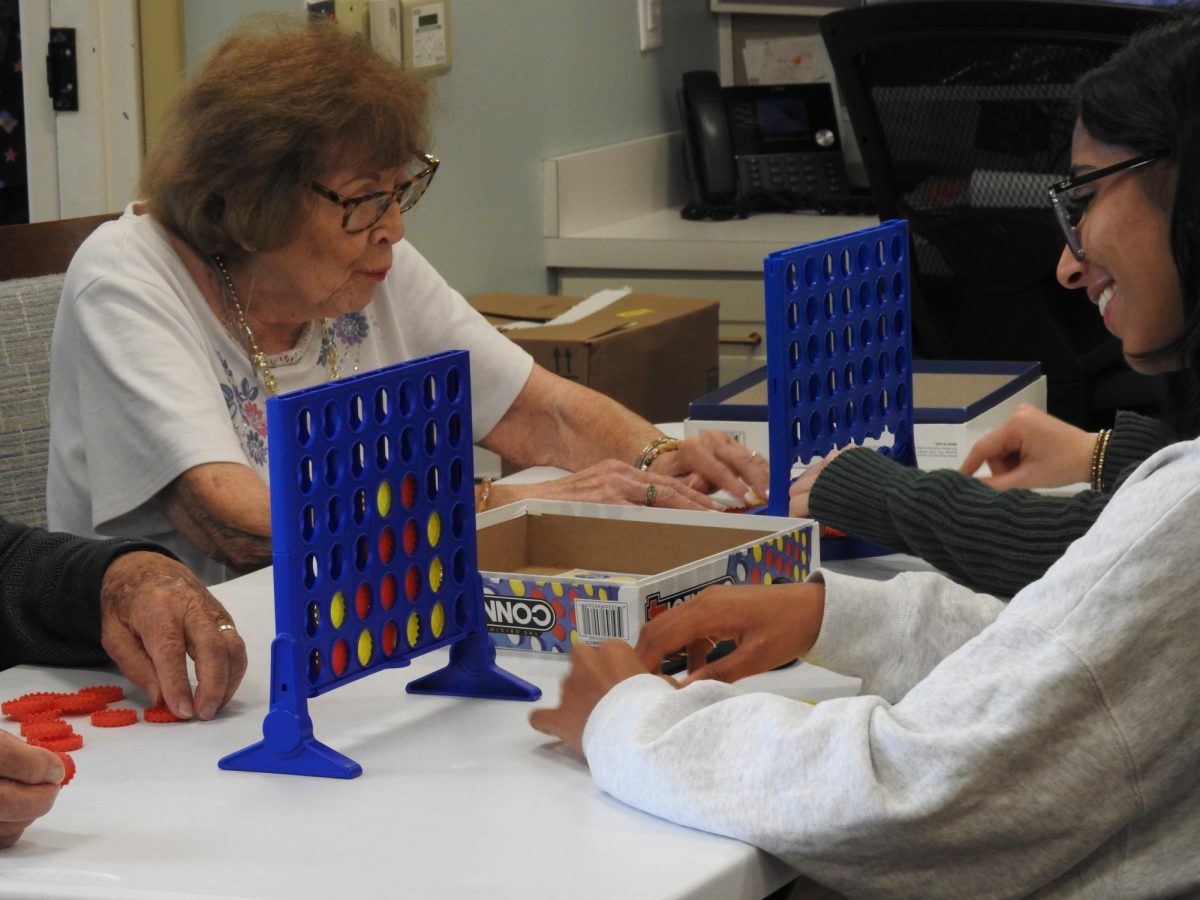
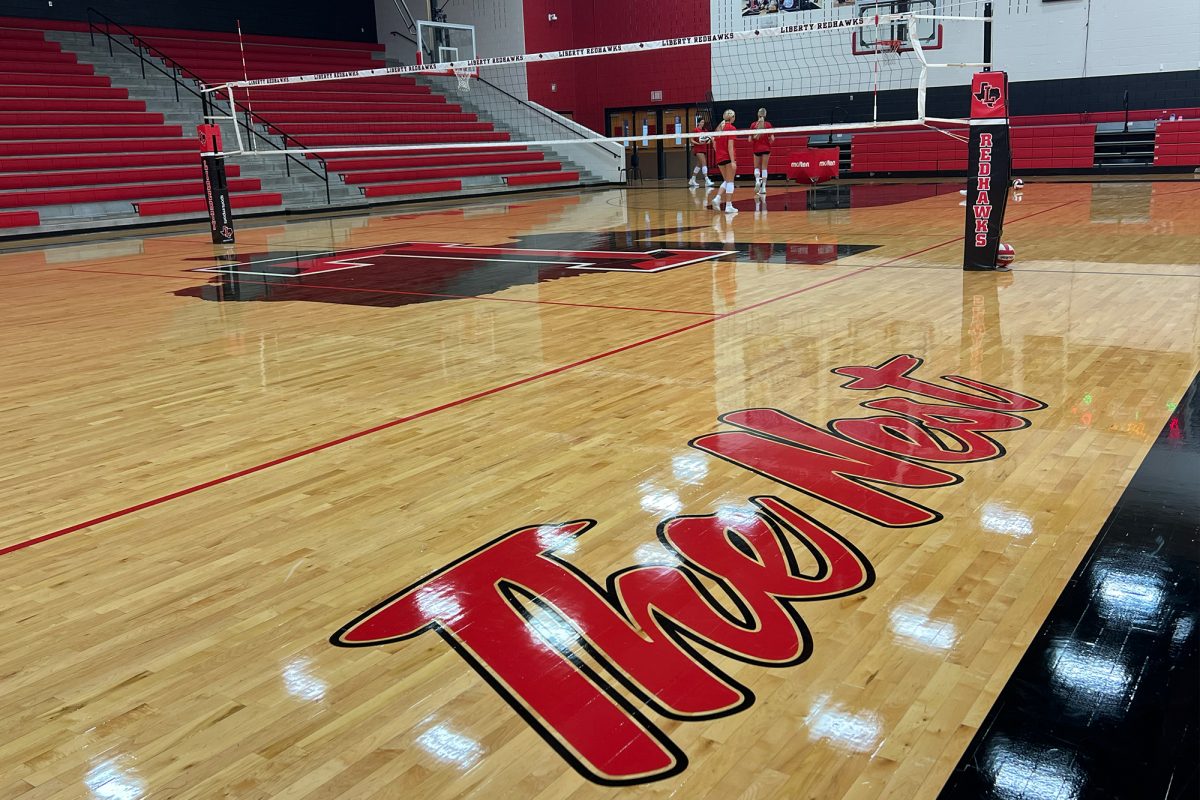
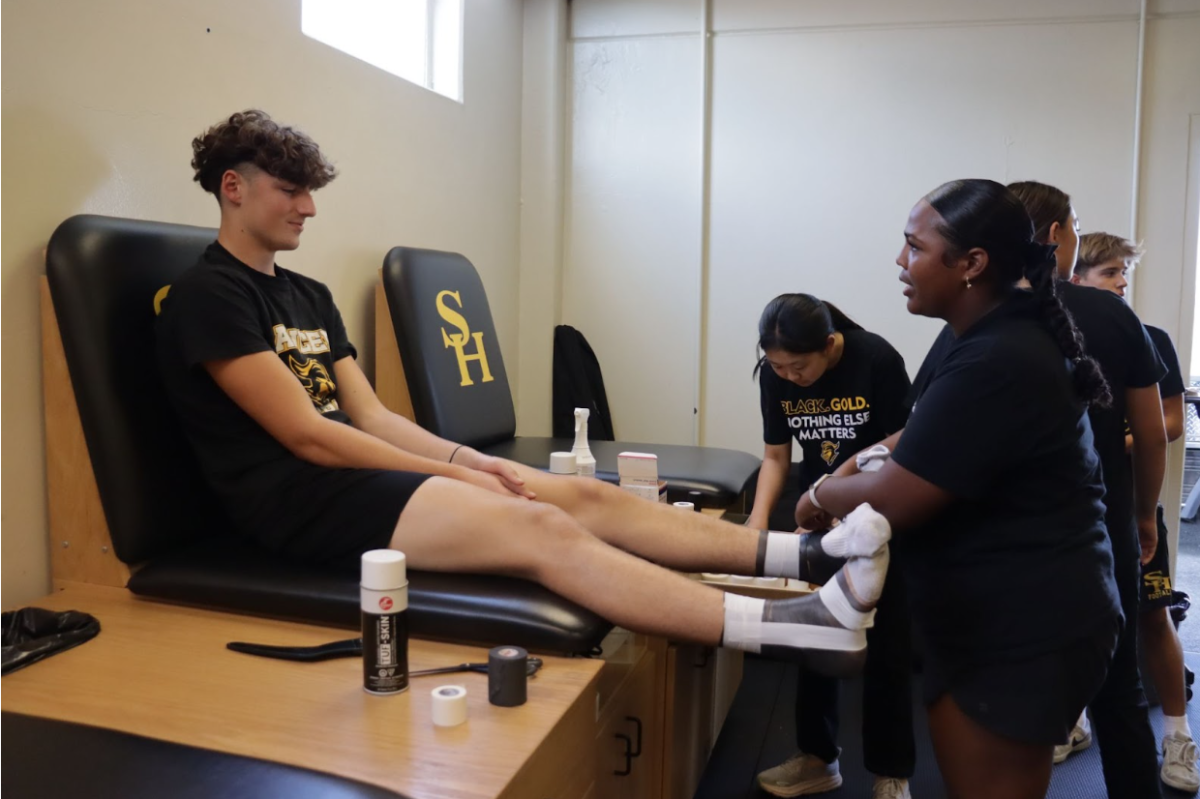
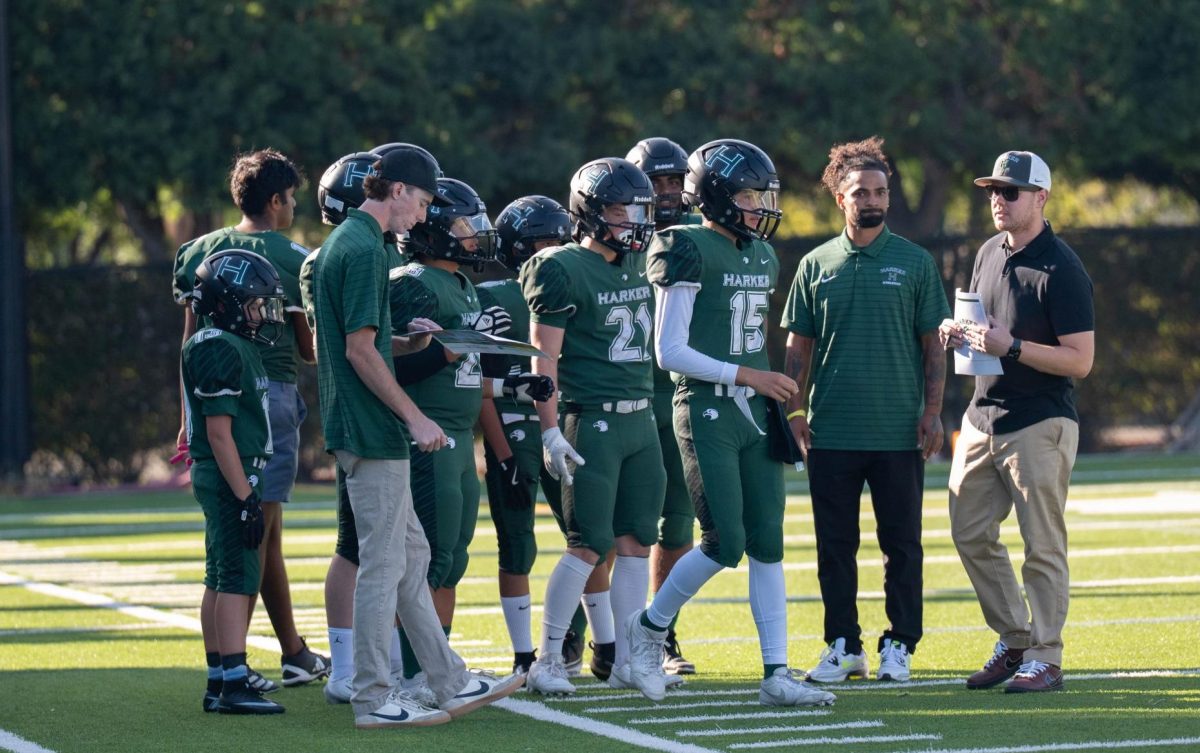
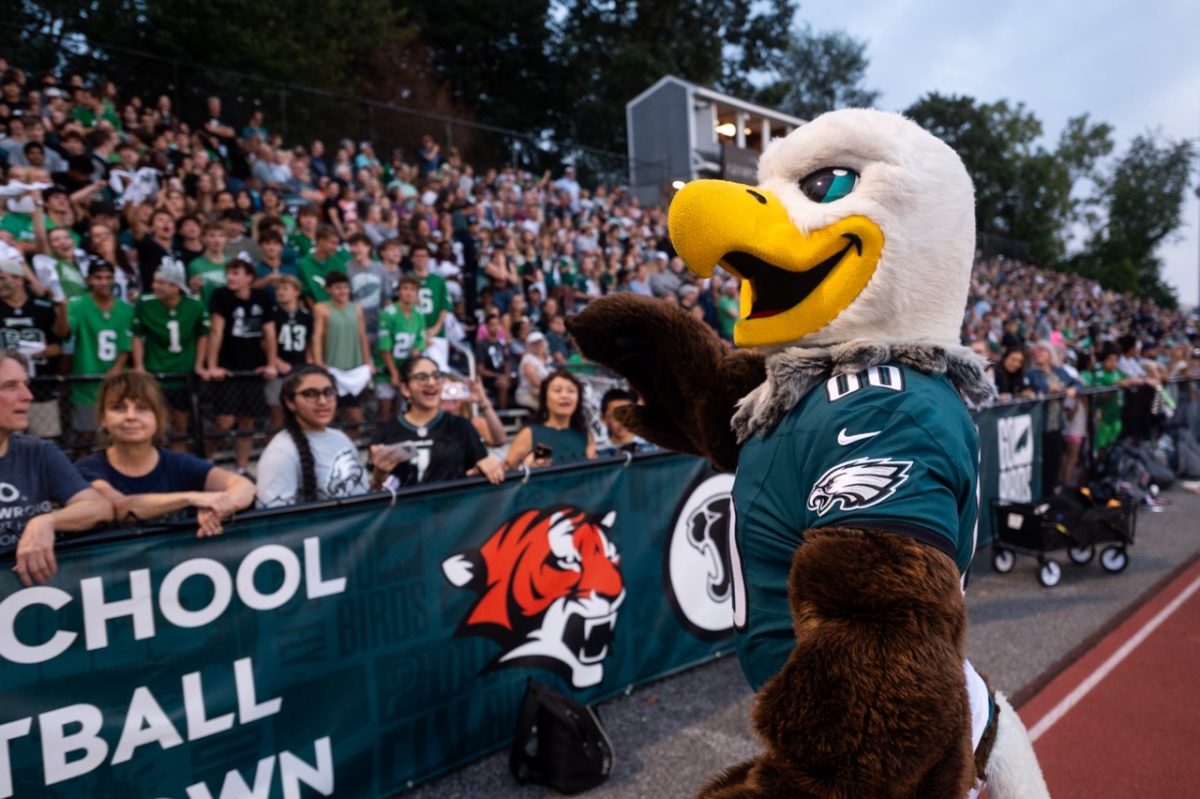
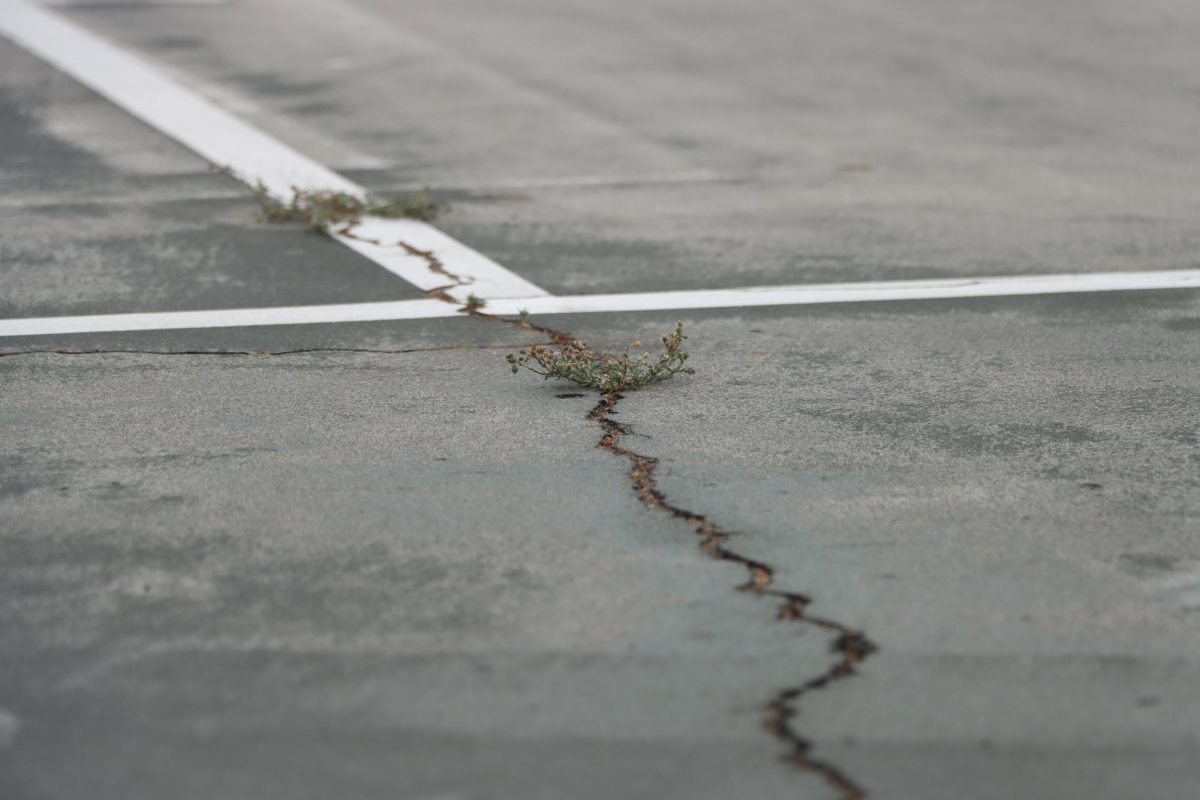
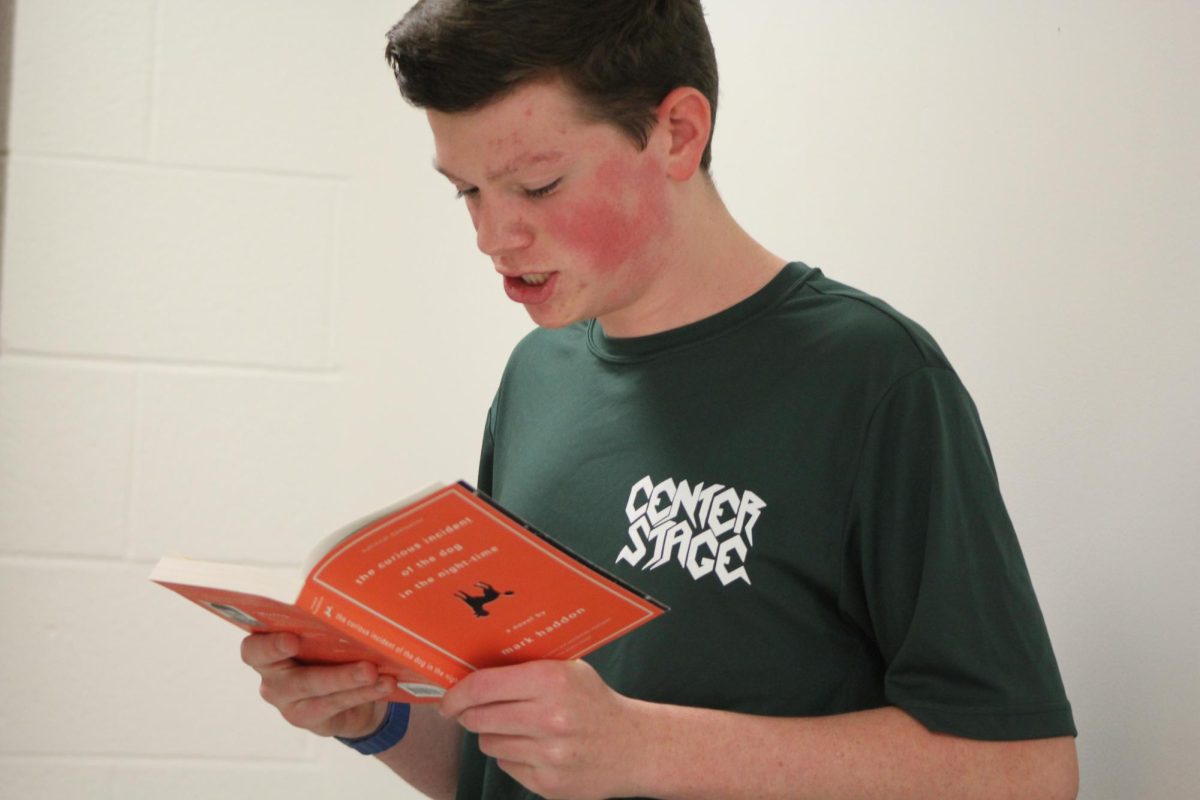
![Gazing across the stage, sophomore Alexis Monteleone performs in the school theater. The Monteleone family’s band “Monte and the Machine” has been releasing music since 2012, but Alexis started her own solo career in 2024 with the release of her first single, Crying Skies. “My whole family is very musical, [and I especially] love writing [songs with them],” Monteleone said.](https://bestofsno.com/wp-content/uploads/2025/10/DSC7463-1200x798.jpg)
